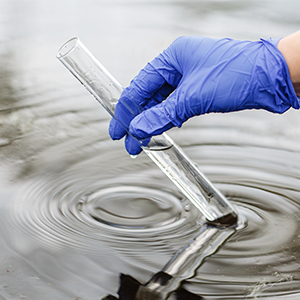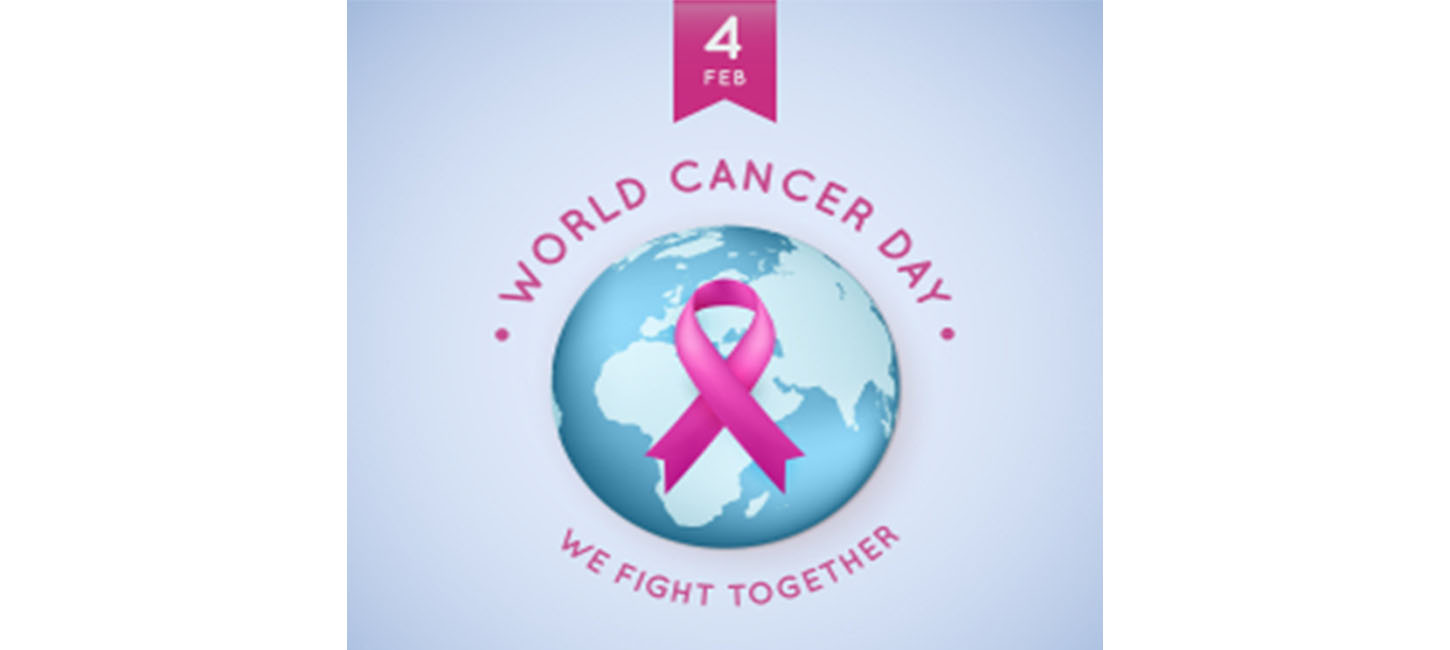Articles / PFAS / Sustainability / Water technology
PFAS Regulation: A Crucial Environmental Step
PFAS Regulation: A Crucial Environmental Step
March 24, 2025
PFAS Regulation: A Crucial Environmental Step
Per- and polyfluoroalkyl substances (PFAS) have been a topic of increasing concern for environmental professionals, policymakers, and the public. Known for their persistence in the environment and potential health impacts, PFAS have prompted regulatory actions globally.
Here is a closer look at the current landscape and what it might mean for industries and consumers alike.

The regulation of PFAS is a critical step in safeguarding public health and the environment.
PFAS Regulation
Per- and polyfluoroalkyl substances (PFAS), often termed as “forever chemicals,” have been a topic of growing concern due to their persistence in the environment and potential health risks. These synthetic chemicals are found in a wide array of products such as non-stick cookware, water-repellent clothing, and firefighting foams. With their widespread use and resistance to environmental degradation, PFAS have become a priority for regulators worldwide.
The Need for Regulation
PFAS have been linked to several health issues, including liver damage, thyroid disease, decreased fertility, and increased risk of cancer. Their ability to accumulate in the human body and the environment calls for stringent regulatory measures. Recognising this, governments and environmental agencies are taking significant steps to control and eventually eliminate PFAS from products and industrial processes.
The Regulatory Landscape
United States
In the US, the Environmental Protection Agency (EPA) has been actively working on regulating PFAS. The agency’s PFAS Action Plan includes setting enforceable drinking water limits, cleaning up contaminated sites, and improving the scientific understanding of PFAS. Furthermore, several states have taken the initiative to establish their own regulations, often more stringent than federal guidelines.
European Union
The European Union has taken a proactive stance by proposing comprehensive restrictions on PFAS under the Registration, Evaluation, Authorisation, and Restriction of Chemicals (REACH) regulation. The goal is to phase out all non-essential uses of PFAS, emphasising the importance of finding safer alternatives.
International Efforts
Globally, countries are beginning to recognise the risks associated with PFAS and are implementing regulations accordingly. The Stockholm Convention recently listed PFOS and PFHxS, members of the PFAS family, for global restriction. This highlights a growing international commitment to managing these substances.

Countries are recognising the PFAS risks and are implementing regulations accordingly.
Impact on Industry and Consumers
Industry
For businesses, the regulation of PFAS presents both challenges and opportunities. Companies may face increased compliance costs and the need to innovate or reformulate products, however, businesses can play a crucial role in the transition towards a PFAS-free future. By adopting safer alternatives, investing in research and development, and complying with new regulations, companies can contribute to a healthier environment and build consumer trust. Corporate sustainability initiatives can also be a driving force in reducing PFAS usage.
Consumers
For consumers, increased regulation means greater protection from potential health risks posed by PFAS exposure. It also encourages transparency, as manufacturers are urged to label products more clearly and consider eco-friendly practices.
How Arvia can help to Tackle PFAS Water-Related Challenges
Arvia’s advanced Nyex Rosalox™ and Ellenox ™ electrochemical water treatment systems can remove agrochemicals, insecticides, herbicides, battery chemicals, pharmaceuticals, and solvents from water, making it suitable for re-use.
They achieve this without creating toxic waste products like some legacy systems. Plant is flexible in physical size too, making it suitable for retrofitting into existing manufacturing setups.
In addition, Arvia has just released its breakthrough technology Nyex Florenox™, which destroys PFAS at source, without generating any secondary waste.
Moving Forward
The regulation of PFAS is a critical step in safeguarding public health and protecting the environment. As global efforts intensify, it is essential for businesses, policymakers, and individuals to collaborate in mitigating the impact of these persistent chemicals. By staying informed and proactive, we can pave the way for a cleaner, safer future.
Let us stay engaged and proactive as we work towards a future where our health and environment are better protected from harmful substances.
More featured articles
03.3.2025

This article examines PFAS, which consumer products it can be found in, exposure and the effects on the environment.
03.13.2025

In this article, we discuss World Kidney Day, and the heightened risks of Chronic Kidney Disease from increased exposure to PFAS.
02.3.2025

This article examines the health risks of PFAS-contaminated water, including a higher risk of cancer and other harmful effects.
Our wastewater treatment expertise
Our water technology can be used to treat a variety of water treatment applications. Once we understand the nature of your wastewater and your final water quality target, our water treatment specialists can make recommendations as to how best to treat your water. Take a look at some of the Nyex applications here:
Need help? Speak with an expert
